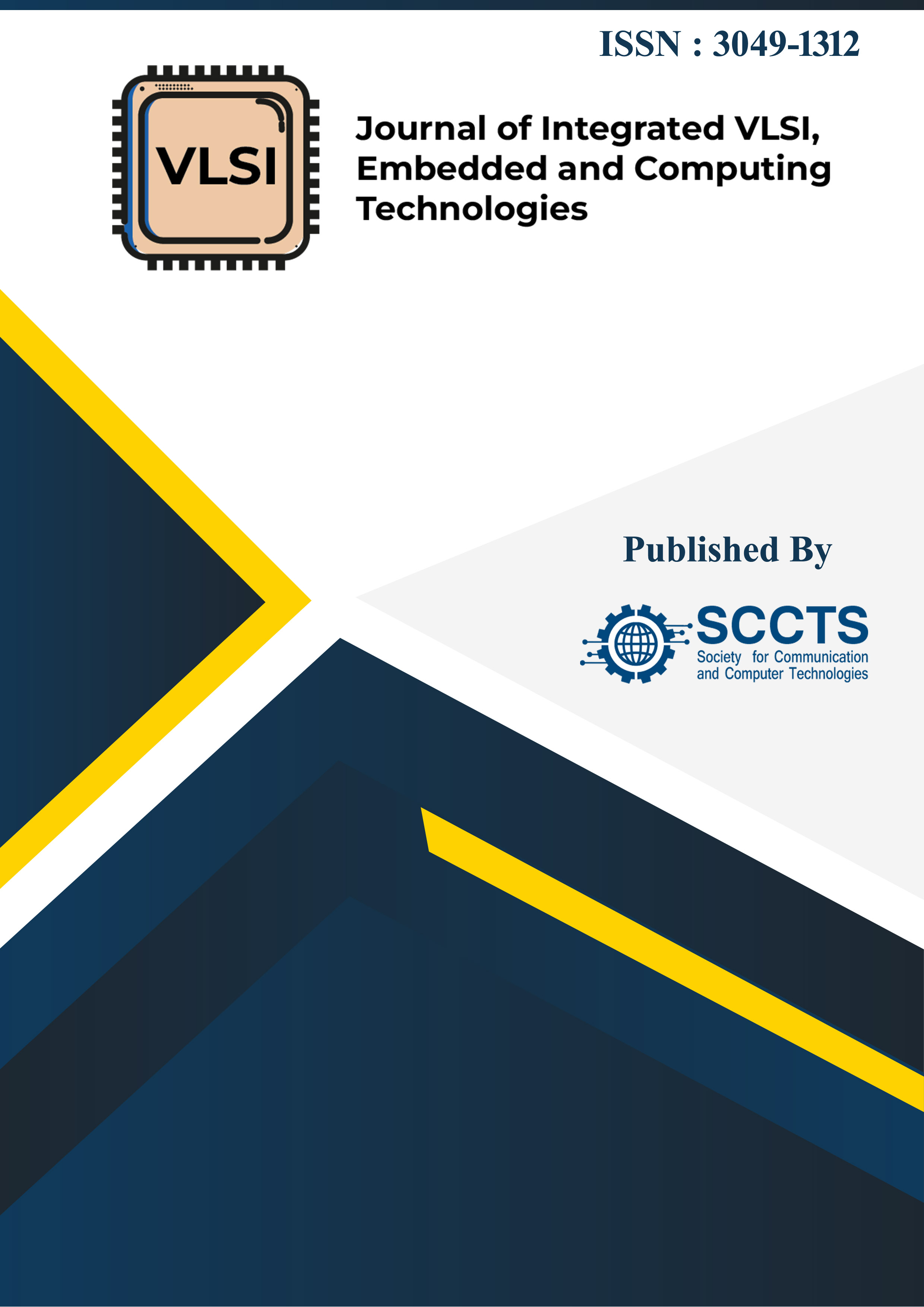Advancing Scientific Discovery: A High Performance Computing Architectures for AI and Machine Learning
DOI:
https://doi.org/10.31838/JIVCT/02.02.03Keywords:
AI Optimization; High-Performance Computing (HPC); Machine Learning Algorithms; Parallel Processing; Scientific SimulationsAbstract
In this time, when HPC and AI are converging, we are witnessing the era of combining HPC with AI, i.e. data, which will bring to bear new scientific discovery and innovation at unimagined speed. Computing approaches used in the past have been unable to keep up with growing datasets and increasingly sophisticated problems in research. With the combination of HPC systems and the power of analytic AI and machine learning, previously almost unsolvable problems are being tackled in areas such as climate, drug discovery, materials science, and many other. This paper presents how these cutting edge HPC architectures and technologies can support these breakthroughs, describes the challenges of delivering AI on HPC systems and what can be done about it and provides a strategy for organizations seeking to maximize the value of these powerful tools.





